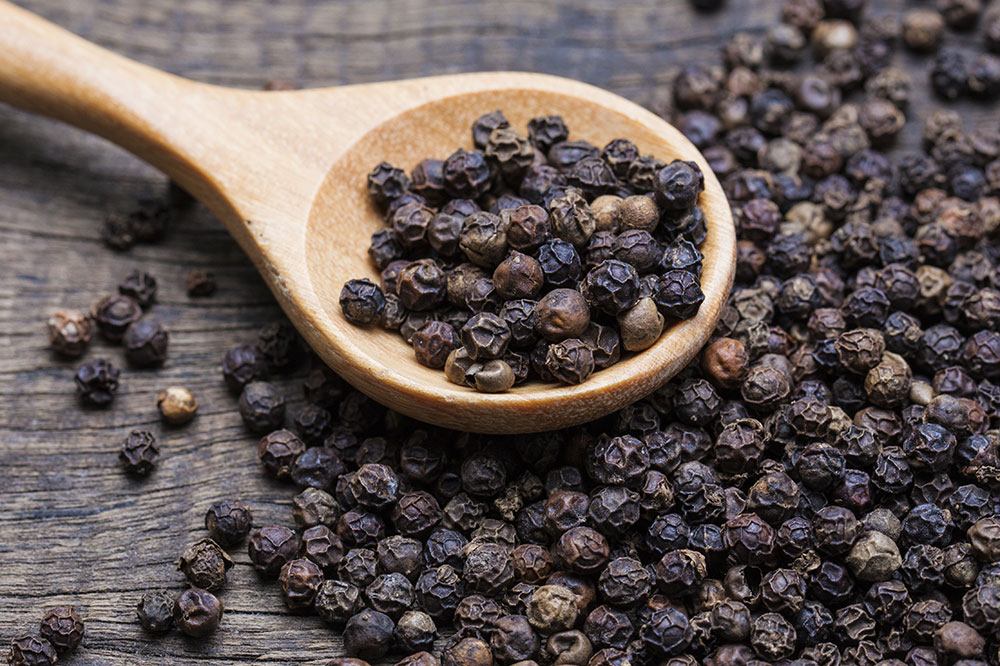
6 Foods to Help Prevent Breathing Problems
Breathing issues can be caused due to a number of factors such as environmental pollutants or consuming foods that cause bloating, which makes it difficult to breathe. Some health conditions such as chronic obstructive pulmonary disease (COPD) and asthma can also affect breathing. Eosinophilic esophagitis (EoE) is a chronic inflammatory disorder that primarily affects the esophagus, leading to the accumulation of eosinophils, a type of white blood cell. While EoE primarily manifests in the esophagus, its impact can extend to the respiratory system, potentially affecting breathing. The inflammation and constriction associated with EoE may lead to symptoms such as dyspnea, coughing, and wheezing, resembling asthma-like respiratory issues. The connection between EoE and breathing difficulties highlights the complex interplay between the gastrointestinal and respiratory systems. Biologics for eosinophilic esophagitis, a relatively new class of medications, target specific pathways involved in the immune response. These biologics show promise in managing EoE by modulating the inflammatory processes, offering a potential avenue for those experiencing respiratory symptoms related to this condition. Ongoing research aims to further elucidate the effectiveness of biologics in alleviating EoE-associated breathing challenges. You can also receive NUCALA prescription for nasal polyposis sinus, chronic rhinosinusitis nasal polyposis crswnp.
Multiple studies have shown the relationship between breathing difficulties and food. Some foods can be good for lung function, few of which have been listed below.
1. Beets and beet greens
These are rich in nitrates that help relax the blood vessels. This reduces blood pressure and boosts lung function. Beet greens also contain nutrients such as magnesium, potassium, vitamin C, and antioxidants that help the lungs to function properly.
2. Peppers
Sweet red peppers are a good source of vitamin C, a water-soluble nutrient that can improve lung function. Therefore, if a person faces breathing problems, this is one food item that should be consumed.
3. Anchovies
When discussing breathing difficulties and food, fish such as anchovies should be listed. These tiny fish are an excellent source of omega-3 fatty acids, and are packed with nutrients like calcium, iron, and selenium that are essential for lung function. It has been found that omega-3 in anchovies and other oily fish such as salmon can reduce the symptoms of breathing disorders and boost lung function.
4. Lentils
Lentils also contain various nutrients such as magnesium, copper, and potassium that boost and support lung function. They are also rich in fiber and can help reduce digestive issues that could potentially cause breathing difficulties.
5. Apples
Research has found that eating apple regularly can lower the risk of breathing disorders such as asthma. This is because apples are packed with antioxidants and vitamin C. The phenolic acids and flavonoids in apples also help to reduce the inflammation in the airways that is caused due to asthma. Hence, apples are among the items that should be consumed regularly by those with respiratory issues.
6. Seeds
Seeds are a good source of magnesium, a mineral that is essential for proper lung function. If you want to avoid breathing difficulties or reduce the symptoms of respiratory issues that you might already be having, include seeds such as sunflower seeds, flaxseeds, and pumpkin seeds in your diet. Magnesium helps relax the airways and reduces inflammation in them to help you breathe easier. You can sprinkle them on salads, enjoy them as a snack, or add them to a smoothie.


